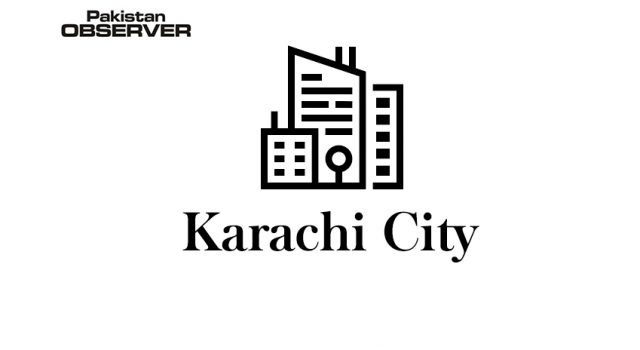A new grant to spur vital global research intoinfectious diseases and pandemics has been awarded to the University ofWashington (UW) and its partners, including the Aga Khan University, bythe USNational Institutes of Health’s Centres for Research in EmergingInfectious Diseases. The $8.75 million grant spread over five years will help support UW andcollaborators at Rockefeller University in New York City andinstitutions in Brazil, Pakistan, Senegal, South Africa and Taiwan to develop the United World for Antiviral Research Network.Such large-scale global collaborations are becoming necessary to combatdiseases. “Pandemics are becoming an increasingly frequent threat to public healthin the developing world,” said Professor Asad Ali, associate dean forresearch at AKU. “We need to deepen our understanding of emerging infectious diseases inorder to prevent the emergence of new viruses from becoming pandemicsthat threaten our way of life.” Just two years ago, the World Health Organisation had identified apriority list of viruses for which no vaccines and drugs were available. It included “Disease X”, a stand-in for pathogens yet unknown that couldcause a serious international epidemic.COVID-19 is exactly the type of threat that Disease X was meant torepresent. UWARN will help identify potential pandemic viruses, develop theurgently needed diagnostic tools and drugs that work against a range ofpathogens, and expand understanding of the body’s immune responses toviruses which is a key to vaccine development.“We are particularly excited to be collaborating with Aga KhanUniversity with its excellent research personnel and infrastructure,plus its outstanding connections in Africa through its medical school inKenya,” said Dr Wesley C Van Voorhis, co-director of UW’s Center forEmerging and Reemerging.









